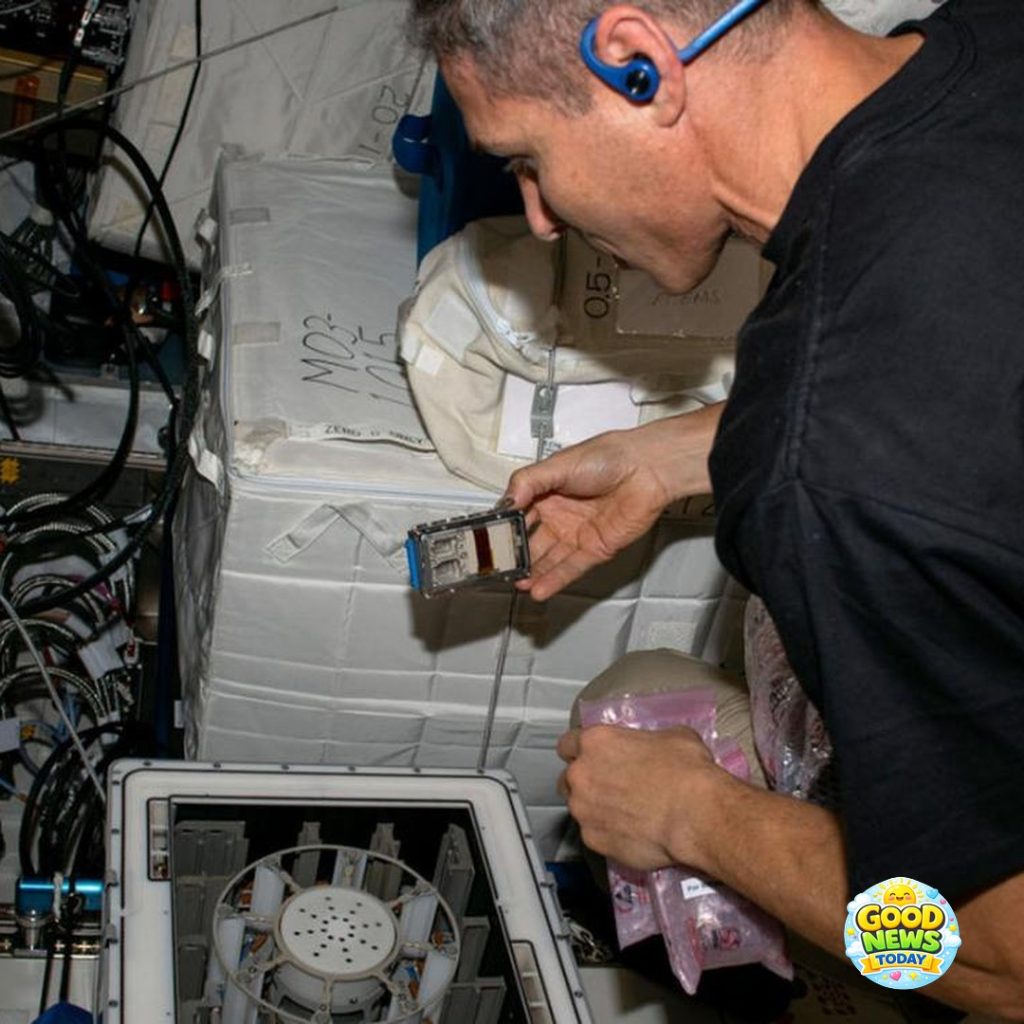In 2024, Los Angeles continues to grapple with one of the most severe housing affordability crises in the nation, forcing residents to adopt unorthodox and often uncomfortable coping mechanisms to manage their day-to-day lives. Among the most talked-about phenomena recently highlighted on social media is the now-trending image of residents washing dishes in their bathtubs — a vivid symbol of how soaring rents are reshaping the everyday realities of Angelenos.
The phrase “LA rent got me washing dishes in the tub” has become a viral caption accompanying posts depicting cramped living quarters with no dedicated space for basic household tasks. This unusual practice is not just a quirky anecdote but a clear reflection of the hardships residents face due to limited space and the soaring costs of rent, which have pushed many to live in highly inefficient and overcrowded conditions.
The average rent for a one-bedroom apartment in Los Angeles has crossed the $2,400 per month threshold, with some neighborhoods charging well over $3,000. This financial pressure disproportionately affects low- and middle-income residents, forcing them to choose between essentials such as food and housing. Consequently, renters are often pushed into tiny apartments or shared housing situations that lack standard amenities like kitchen sinks or dishwashers, prompting creative yet uncomfortable solutions like using the bathtub for washing dishes.
Experts attribute these conditions to a combination of factors: a persistent housing shortage, increased demand due to population growth, limited new construction, and inflation-related costs for landlords and developers alike. These factors have created an intensely competitive rental market, where affordability is rapidly diminishing.
Several Angelenos shared their experiences online, describing how their small studios lack enough counter or sink space for dishwashing, compelling them to use their bathrooms for this daily chore. One resident explained, “I never thought I’d be doing dishes in the tub, but when your apartment is smaller than a hotel room and the sink is inside the bathroom, you make do.” These stories evoke empathy and highlight the resilience of residents against the backdrop of a growing affordability crisis.
The implications go beyond inconveniences. Health officials warn that such living conditions could adversely affect hygiene standards and capture the broader destabilizing effects of inadequate housing on mental and physical health. Moreover, the necessity of resorting to bathtubs for washing dishes signifies a failure to meet basic living standards, an issue that has sparked renewed calls among advocacy groups for stronger tenant protections and more aggressive housing policies.
City officials have acknowledged these challenges and pointed to ongoing initiatives aimed at increasing affordable housing stock, such as incentivizing developments for low-income renters and modifying zoning laws to allow for more multi-family units. However, critics argue that these measures are not keeping pace with the crisis’s scale and urgency.
As the affordability gap widens, the bathtub dishwashing trend has become more than just an online meme — it is a stark metaphor for the hardships endured by many Angelenos. It underscores the urgent need for comprehensive solutions that can restore dignity and livability to the city’s housing landscape.
For now, stories and images of this new normal continue to resonate across social media platforms, amplifying a community’s call for change amid one of the most challenging housing climates in recent memory.



